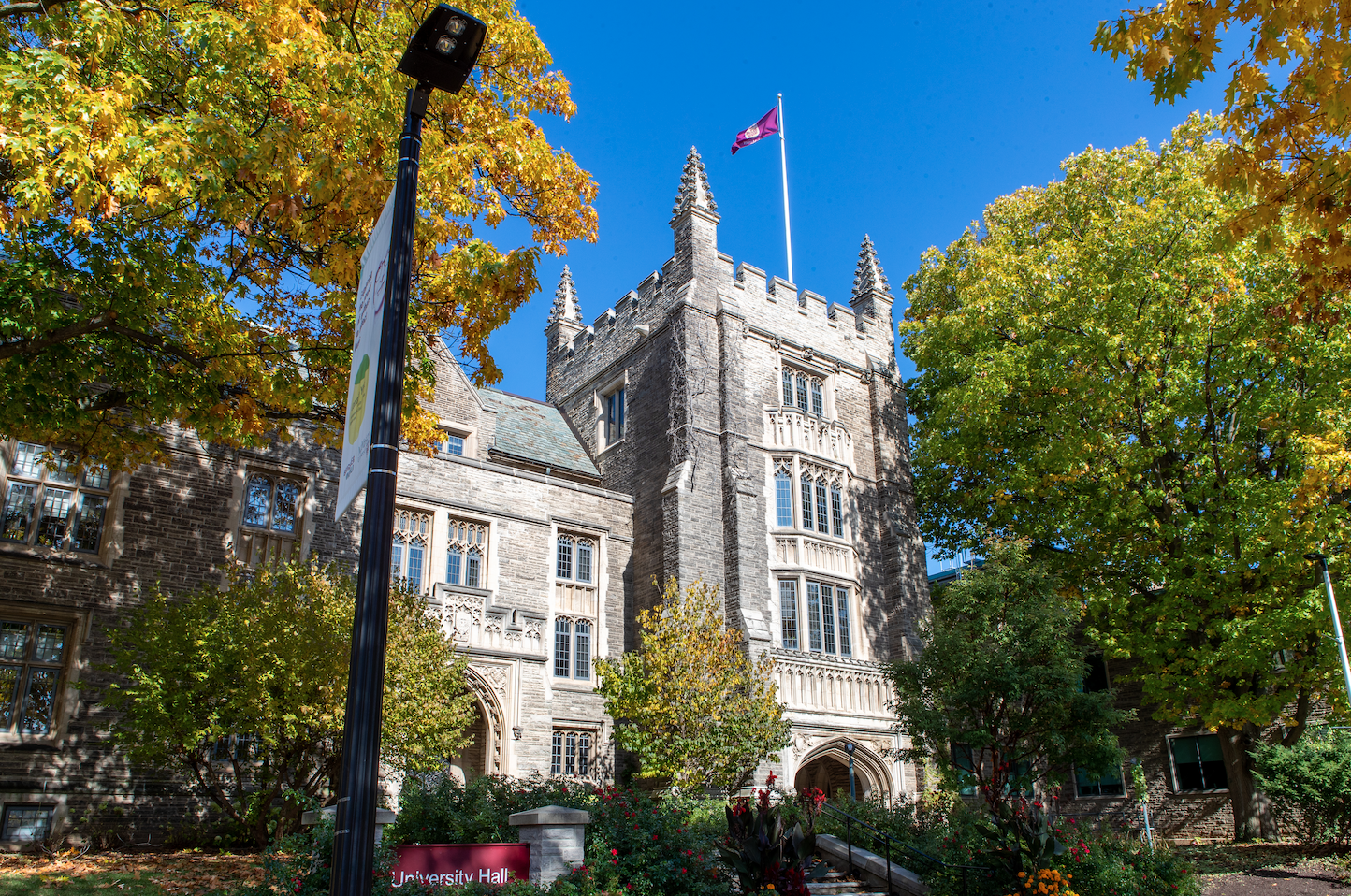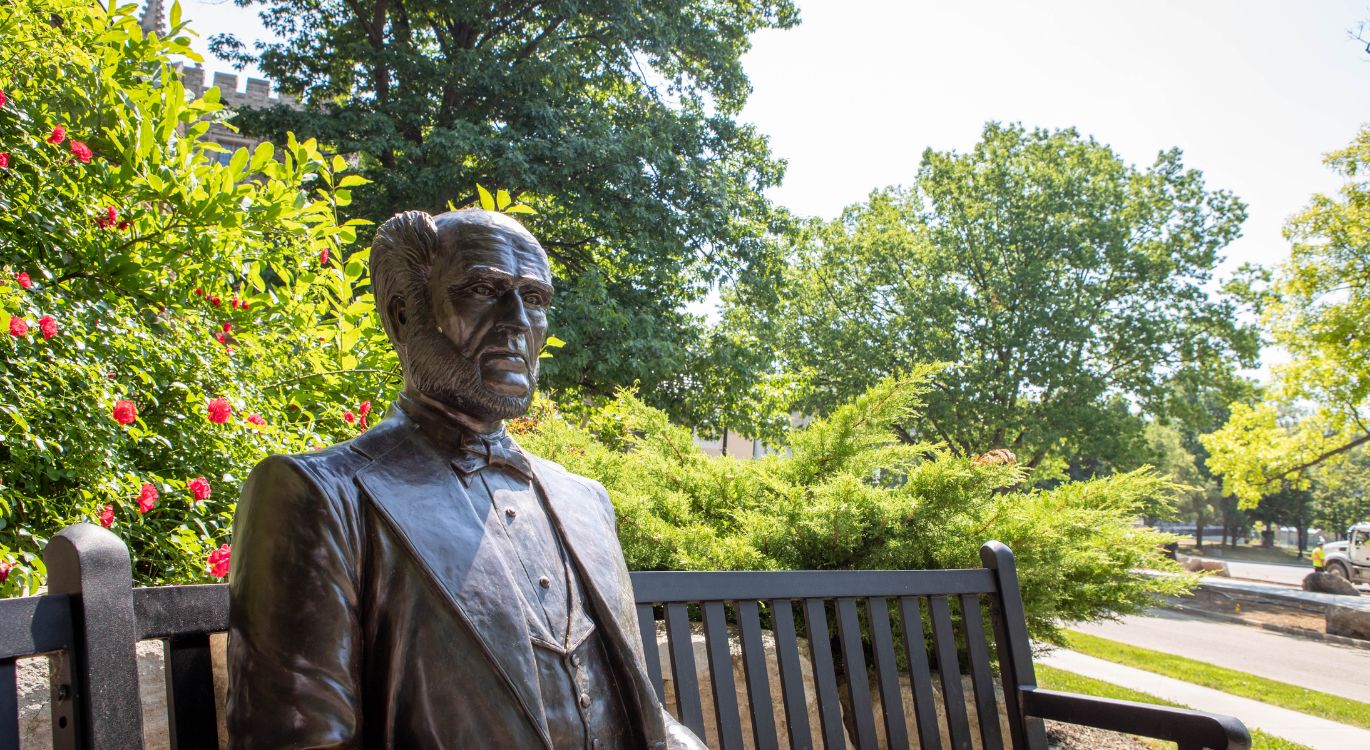The Eight Dimensions of Well-being
Overview
The McMaster Okanagan Office of Health & Well-being believes that all areas of our daily lives influence our health and well-being. For that reason, we have adopted the use of The Eight Dimensions of Well-being for the classification of our health and well-being programs, services, and educational opportunities. The Eight Dimensions of Well-being include physical, emotional, spiritual, social, intellectual, financial, environmental, and occupational well-being.
These dimensions overlap with each other and all contribute to your overall health and well-being. In order to flourish, it’s important that you find a balance between these dimensions that works best for you.






